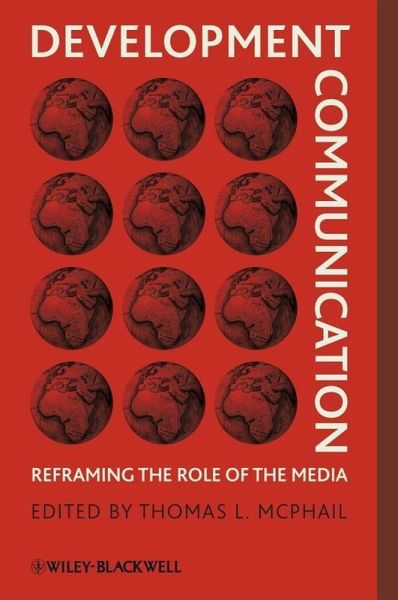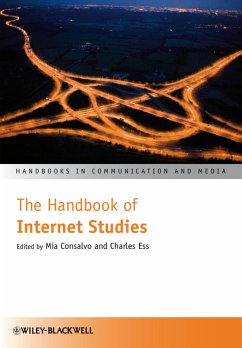
Development Communication (eBook, PDF)
Reframing the Role of the Media
Redaktion: Mcphail, Thomas L.
Versandkostenfrei!
Sofort per Download lieferbar
34,99 €
inkl. MwSt.
Weitere Ausgaben:

PAYBACK Punkte
0 °P sammeln!
In Development Communication, top media scholars explore the details of communication in areas where modernization has failed to deliver change. Offers a complete introduction to the history of development communication - the process of systematically intervening with either media or education in order to promote positive social change Discusses the major approaches and theories in development communication, including educational issues of training, literacy, schooling, and use of media from print and radio to video and the internet Explores the role of NGOs, the CNN Effect, and the power of ...
In Development Communication, top media scholars explore the details of communication in areas where modernization has failed to deliver change.
- Offers a complete introduction to the history of development communication - the process of systematically intervening with either media or education in order to promote positive social change
- Discusses the major approaches and theories in development communication, including educational issues of training, literacy, schooling, and use of media from print and radio to video and the internet
- Explores the role of NGOs, the CNN Effect, and the power of grass-roots movements and 'bottom-up' approaches that challenge the status quo in global media
Dieser Download kann aus rechtlichen Gründen nur mit Rechnungsadresse in D ausgeliefert werden.













